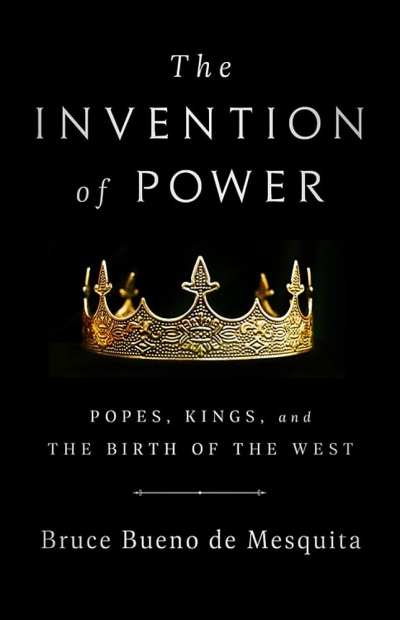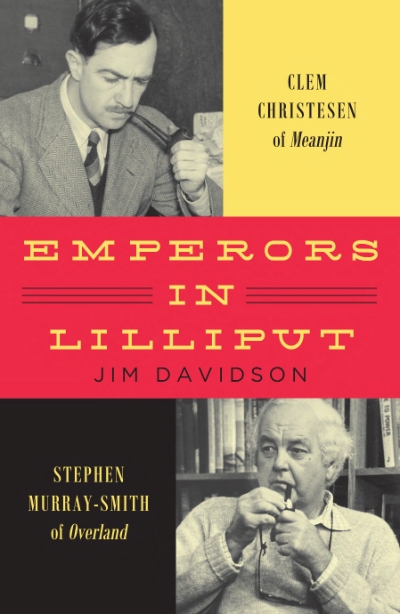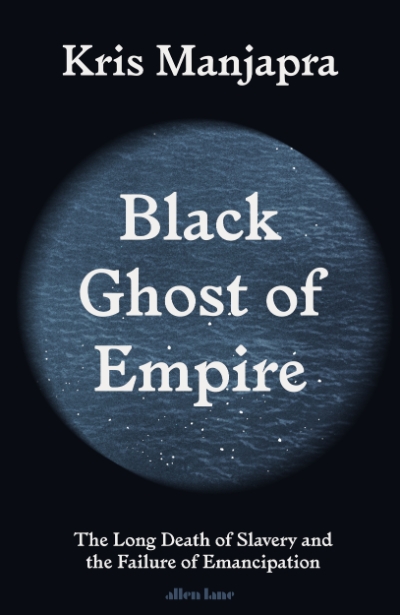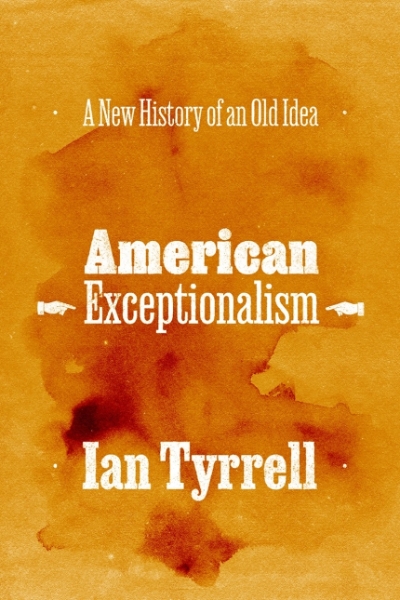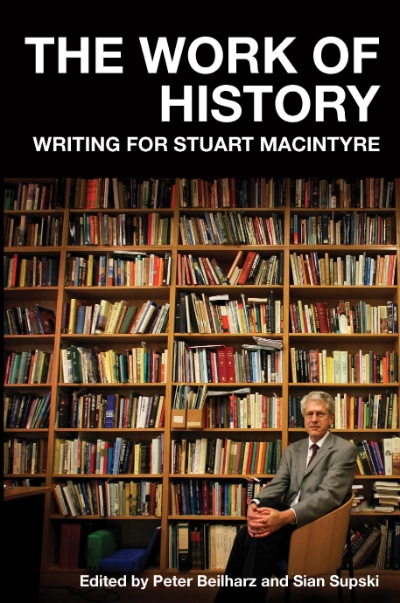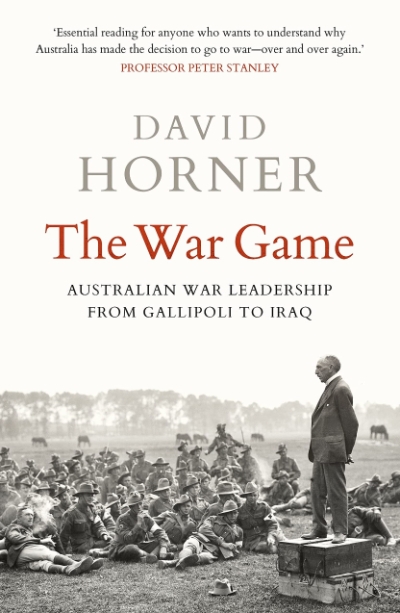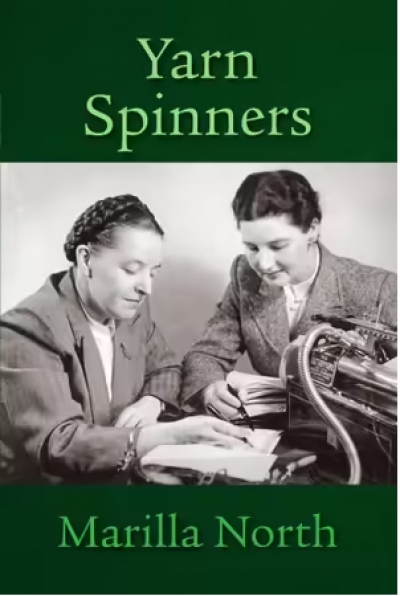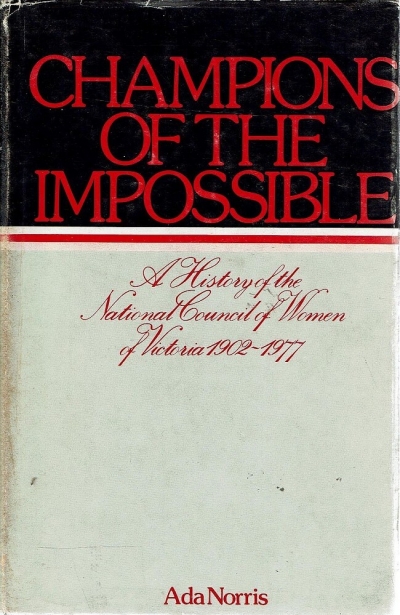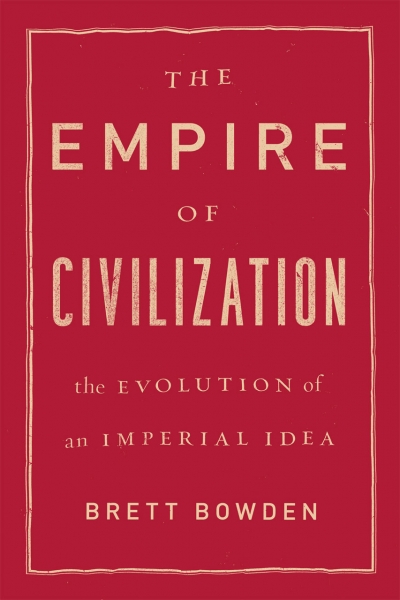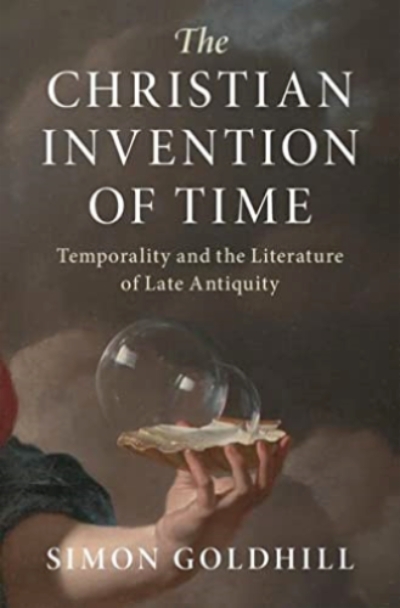History
The Invention of Power: Popes, kings, and the birth of the West by Bruce Bueno de Mesquita
by Miles Pattenden •
Emperors in Lilliput: Clem Christesen of Meanjin and Stephen Murray-Smith of Overland by Jim Davidson
by Graeme Davison •
Black Ghost of Empire: The long death of slavery and the failure of emancipation by Kris Manjapra
by Georgina Arnott •
American Exceptionalism: A new history of an old idea by Ian Tyrrell
by Emma Shortis •
The Work of History: Writing for Stuart Macintyre edited by Peter Beilharz and Sian Supski
by Christina Twomey •
The War Game: Australian war leadership from Gallipoli to Iraq' by by David Horner
by Peter Edwards •
Yarn Spinners: A story in letters edited by Marilla North
by Jacqueline Kent •
Champions of the Impossible: A history of the National Council of Women of Victoria 1902–1977 by Ada Norris
by Kay White •
The Empire of Civilisation: The evolution of an imperial idea by Brett Bowden
by Roland Bleiker •

